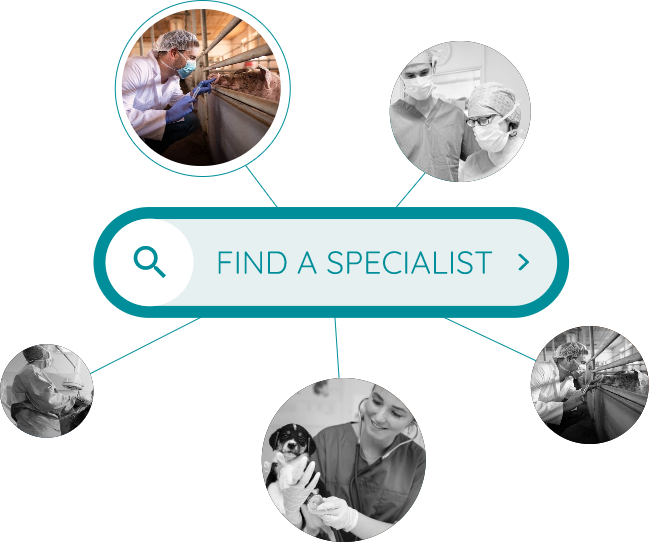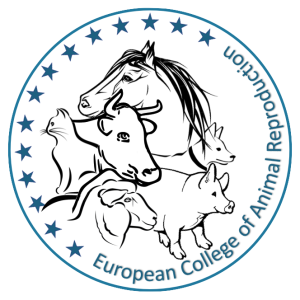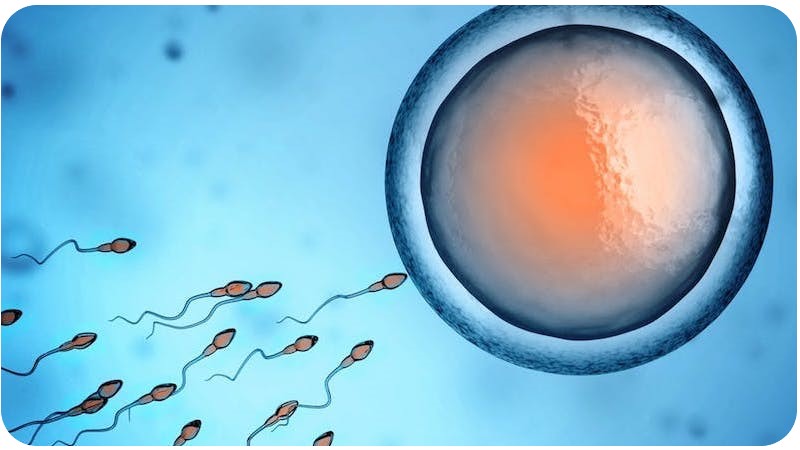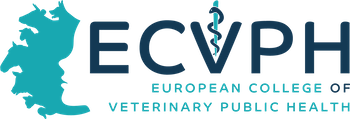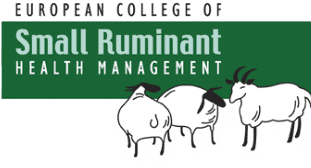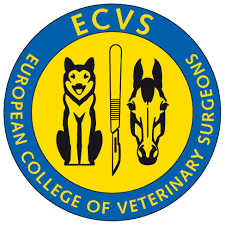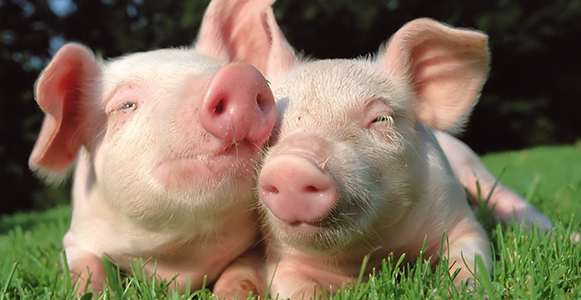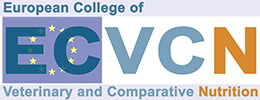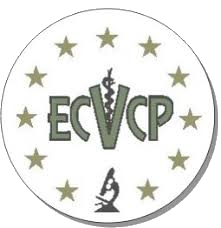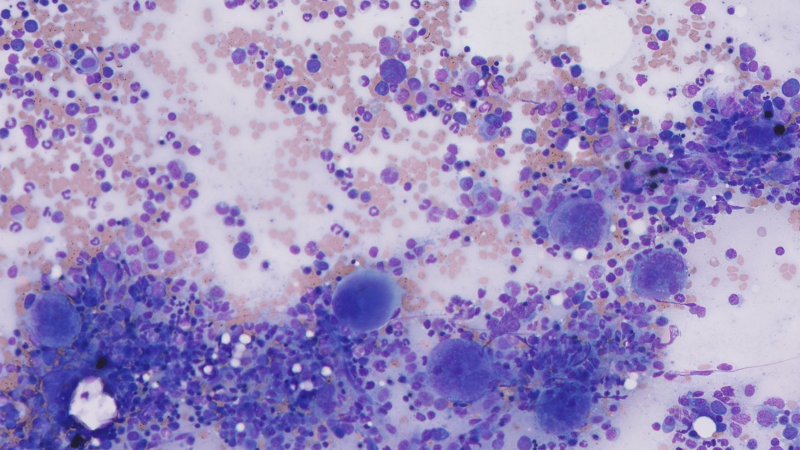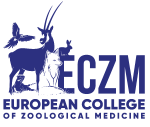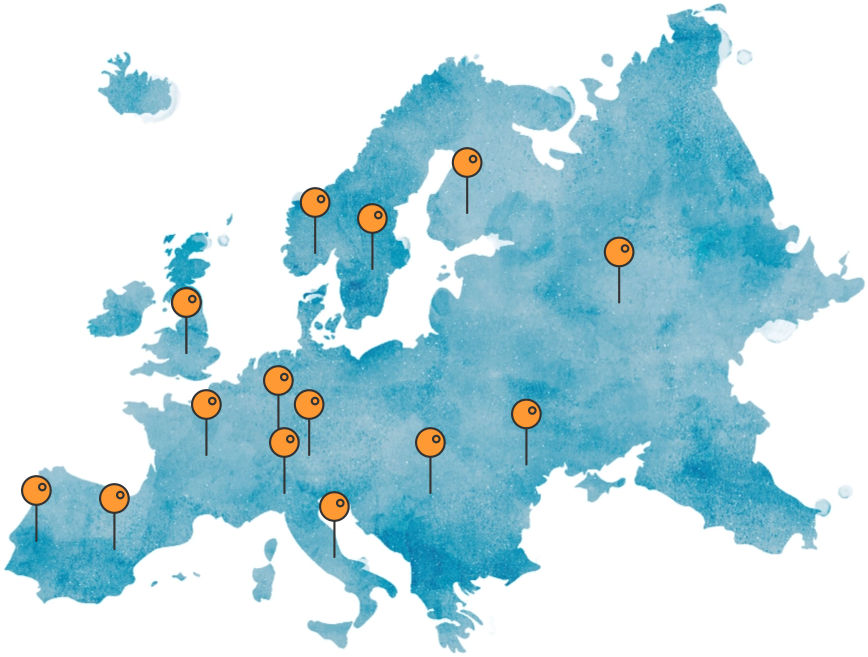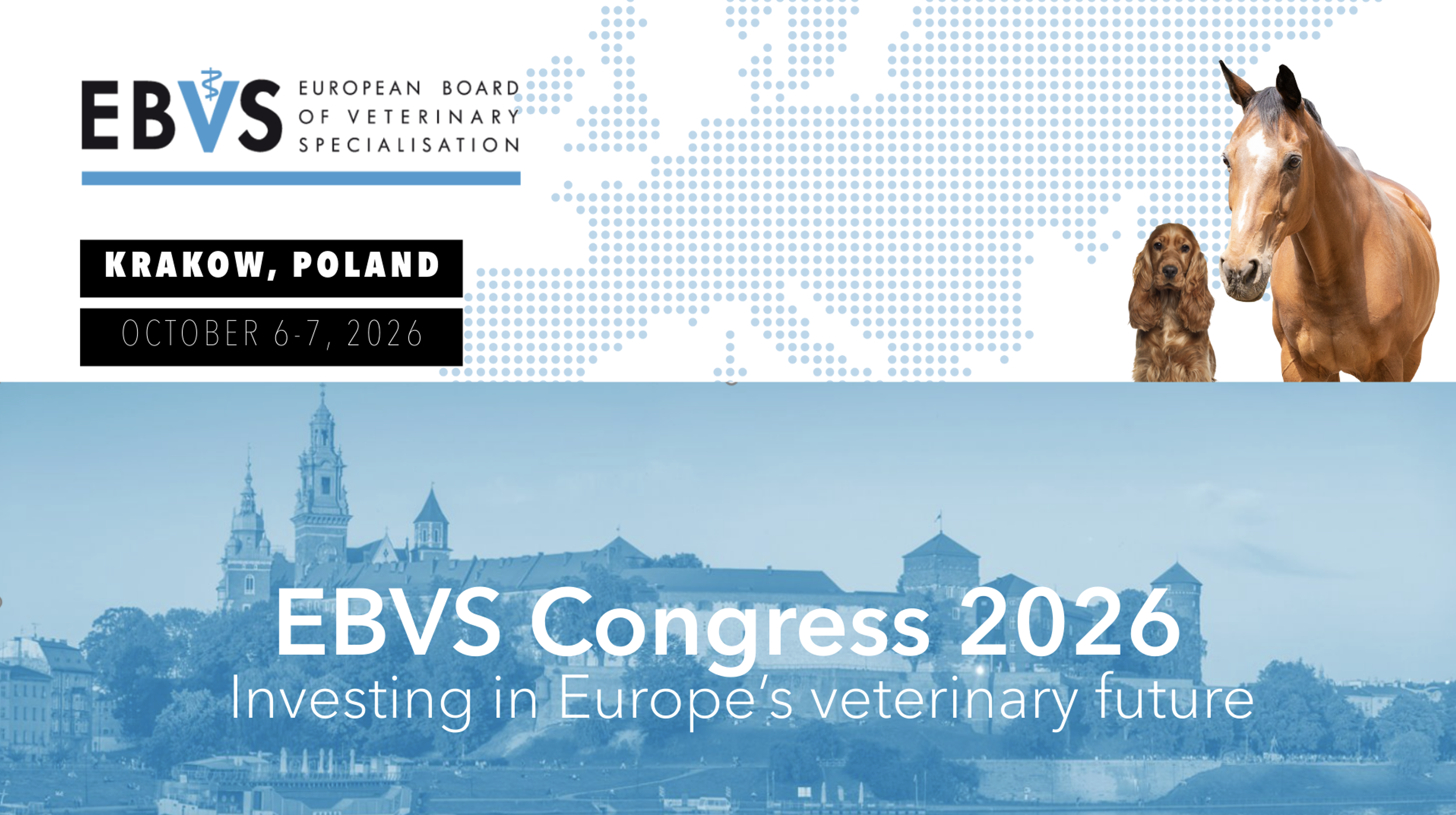Veterinary Specialist Colleges
Colleges
Countries
EBVS® is a European organisation focussed on veterinary specialisation in the Member States of the European Union and its neighbours, particularly Switzerland and Norway. EBVS specialists are also found in other countries.
Events
Vacancies
Publication date: 23/01/2026
King Animal Hospital is seeking an exceptional Chief Medical Officer – Equine to provide clinical, strategic, and operational leadership across our rapidly expanding Equine Services division. This is a rare opportunity to shape the future of equine emergency and referral medicine within a privately owned, innovation-driven hospital.
This role reports directly to the Chief Executive Officer (CEO) and will succeed our current CMO of Equine, who is planning for retirement.
Publication date: 29/10/2025
Residency Position in Veterinary Behavioural Medicine (ECAWBM-BM) – Ghent University
The Faculty of Veterinary Medicine at Ghent University invites applications for a three-year Residency Training Programme in Behavioural Medicine, accredited by the EBVS® European College of Animal Welfare and Behavioural Medicine – Behavioural Medicine subspecialty (ECAWBM-BM). The residency will be conducted under the direct supervision of Prof. Anouck Haverbeke, EBVS® European Veterinary Specialist in Behavioural Medicine.
The programme starts on 1 April 2026. The deadline for applications is 15 February 2026.
Publication date: 29/10/2025
We are seeking an experienced and highly skilled Veterinary Consultant Ophthalmologist to establish, lead, and grow the ophthalmology department in a newly set-up, state-of-the-art referral hospital in Dubai, UAE. The successful candidate will be responsible for delivering advanced ophthalmic care, developing clinical protocols, and building a reputation for excellence in veterinary eye care across the region. This role is ideal for a motivated individual who thrives on innovation, team leadership, and clinical excellence in a dynamic, multi-disciplinary referral hospital environment.
Publication date: 29/09/2025
FRONTIER Small Animal Specialists is a modern referral and specialty centre for dogs and cats in the east of Munich. In cooperation with our referring veterinarians, we share the goal of providing the highest standard of patient care. Our team of internationally recognised specialists covers the fields of Surgery, Neurology, Internal Medicine, Diagnostic Imaging, Anaesthesia, Oncology, and Physiotherapy.




